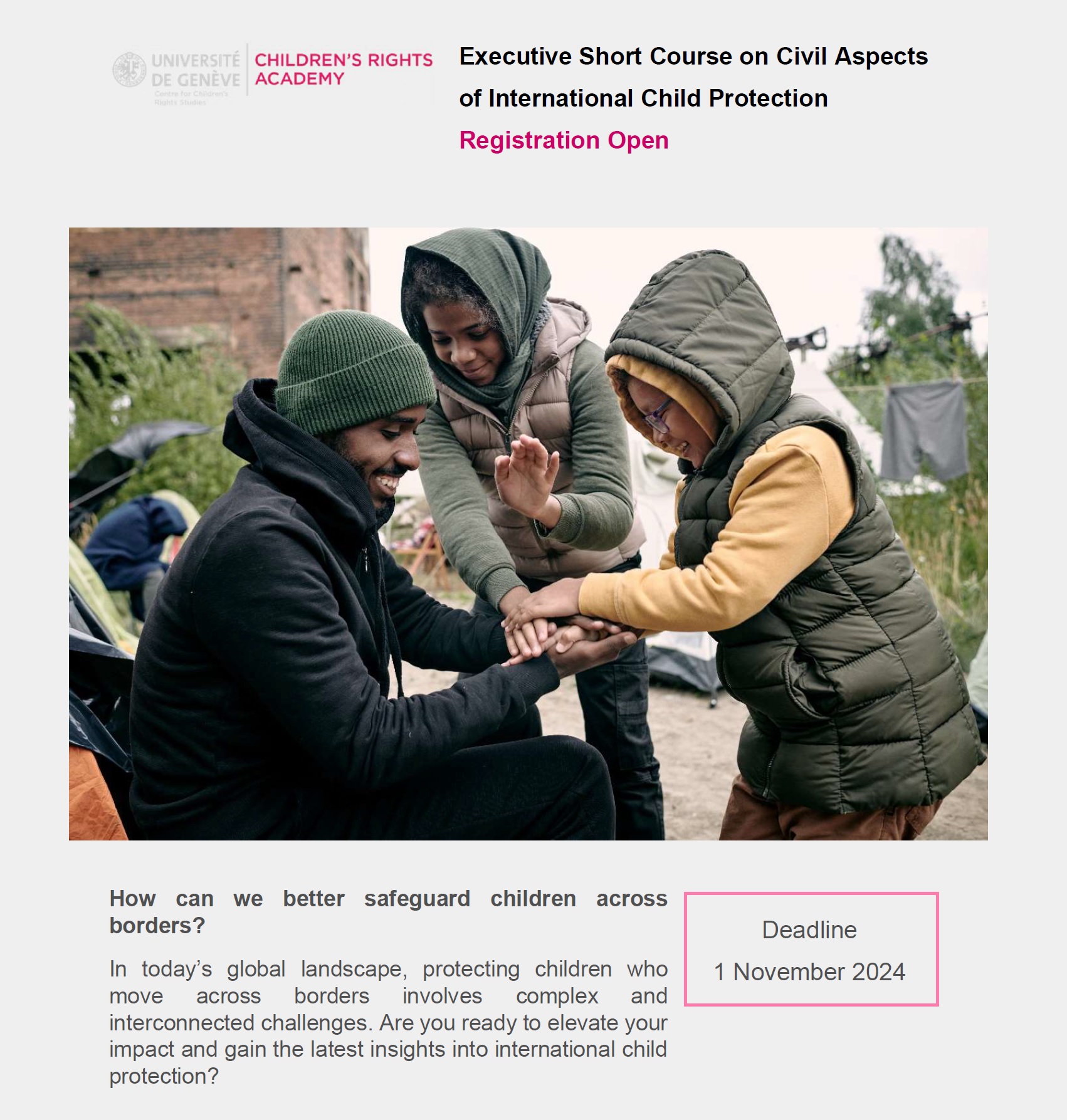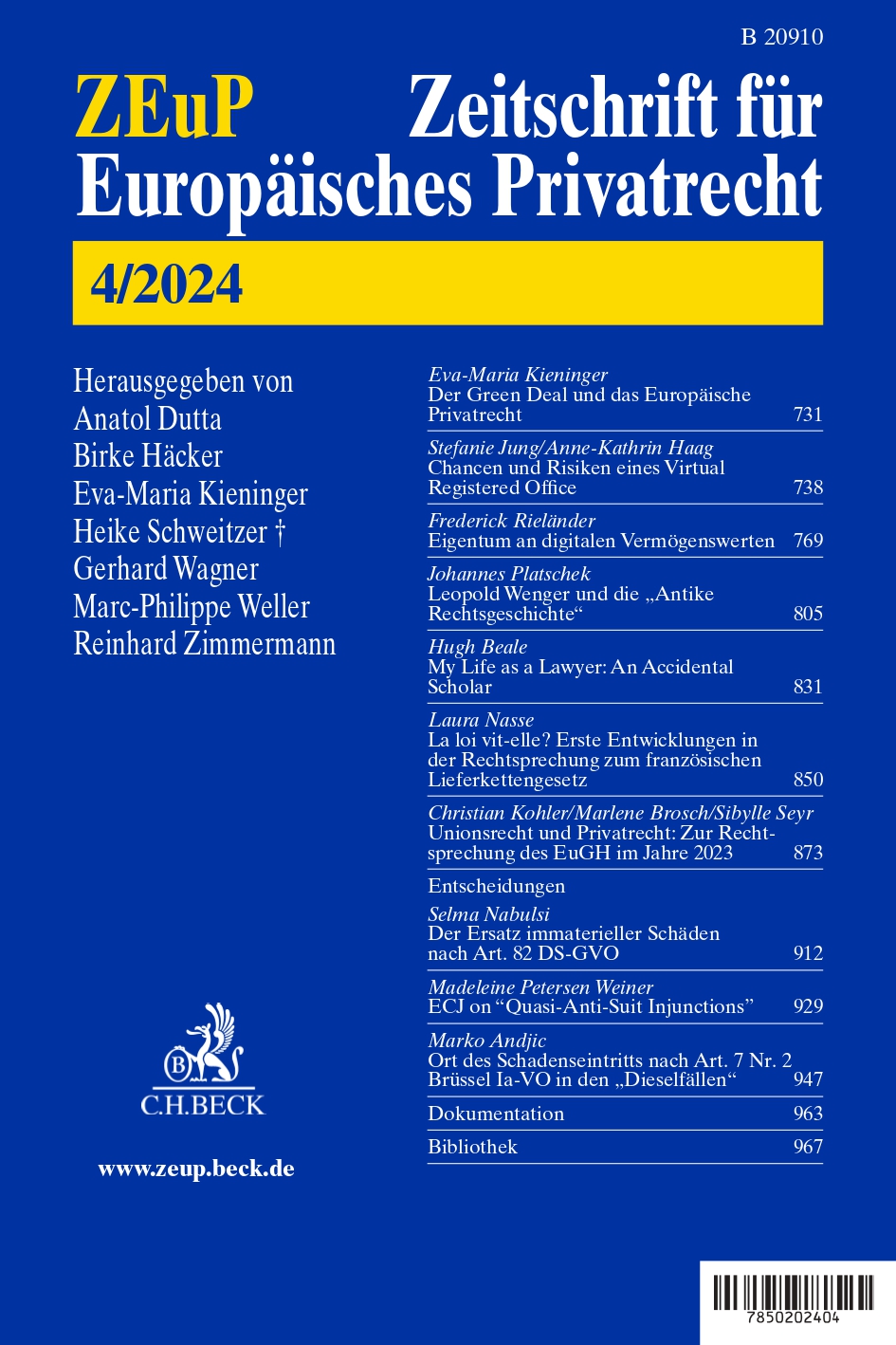Issue 4 of Lloyd’s Maritime and Commercial Law Quarterly for 2024
Issue 4 of Lloyd’s Maritime and Commercial Law Quarterly for 2024 was just published. It contains the following articles, case notes, and book review:
Katherine Reece-Thomas, “State Immunity and Sunken Treasure: Finders will not Always be Keepers”
Anthony Kennedy, “Unanswered Questions”
Michael F Sturley†, “The Centenary of the Hague Rules: Celebrating a Century of International Conventions Overmining the Carriage of Goods by Sea”
2024 marks the centenary of the Hague Rules, which still play a central role in allocating the risk of cargo loss or damage. To celebrate that milestone, it is valuable to review the history, beginning with the pre-existing risk allocation. When maritime nations applied widely accepted principles differently, efforts began in the late nineteenth century to achieve uniformity by international agreement. Those efforts failed until domestic legislation exacerbated the problem and created greater pressure for a solution. Even after agreement was reached in 1924, however, another fourteen years passed before the Convention was widely in force. Since then, international uniformity has been challenged in multiple ways, and the story continues to this day.
Marcus Teo, “Foreign Law as Fact”
In English law, “foreign law”, as applied under choice-of-law rules, is a question of fact. This “fact doctrine”, however, faces scepticism for three reasons: it remains unclear whether foreign law is truly treated as a question of fact, why it is so treated, and what the precise fact-in-issue is. This article addresses these concerns. It demonstrates that, today, foreign law is treated like any other question of fact. It then argues that foreign law should be classified as a question of fact, and should refer to foreign legal rulings, because this facilitates the accurate prediction of foreign decisions.
Adrian Briggs, “Book Review – Dicey+100. Albert Venn Dicey: A Centennial Commemoration”


